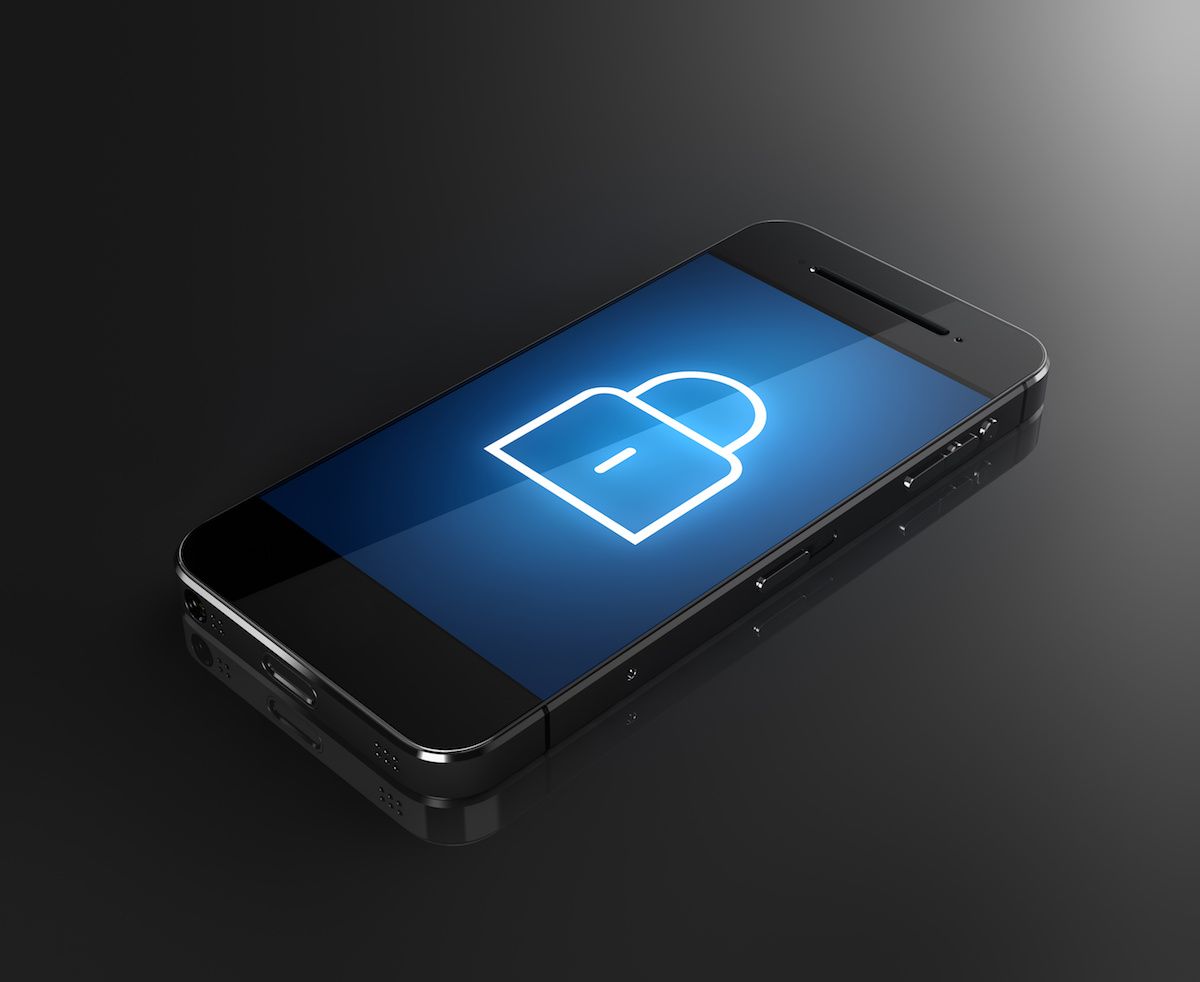FOLLOW THESE STEPS TO SAFEGUARD YOUR ONLINE DATA
In today’s digital age, managing and accessing your money has never been easier. You can interact with your bank accounts online, set up automatic bill payments, and use apps that allow you to track your money, investments, and budgeting – all at the touch of your fingertips. Although it’s convenient, having so much of our personal data online also opens us up to the risk of identity theft and scammers who may try to take advantage. Luckily, there are steps that you can take to strengthen your cybersecurity and better protect your financial and personal information.
Below, we’ll discuss six ways you can safeguard your personal data.
1. Be Smart and Creative with Your Passwords
It may seem like such a simple thing but making sure your passwords are complex and non-repetitive can go a long way in helping you protect your financial information. It’s tempting to use your birthday or pets’ names for passwords so that you won’t forget them, but passwords like that are easy for scammers to guess. This advice isn’t just for your bank accounts, but also for your social and email accounts as well. One of the biggest dangers that comes with having passwords that are less-than-secure is that scammers can access your personal information via your email or use your email to gain access to your financial accounts. Having complex passwords that you change frequently means that scammers will have a harder time accessing any of your accounts, keeping them from being able to steal your data, and ultimately, your money.
If you’re someone who struggles to remember passwords, consider using a password management tool such as LastPass which is an encrypted app that requires a master password to access all of your saved individual account passwords. Apps like this allow for to ensure your passwords are strong on all of your accounts and devices, while also helping you keep track of them.
SEE ALSO: There’s More to Financial Planning Than Just Having an Investment Strategy
2. Only Shop on Secure Sites
When shopping online, take a pause before you enter your payment information to make a purchase. Look at the web address of the site that you’re on – if the address starts with ‘HTTPS’ instead of ‘HTTP,’ then you’re on a secure site. That ‘S’ in HTTPS stands for secure and means that all communication taking place on the website is encrypted. It’s also risky to enter your personal information if you’re connected to public Wi-Fi so you may want to think about keeping your online shopping to when you’re at home on a secure, password-protected internet connection.
3. Be Smart with Your Payment Methods
Online shopping isn’t the only time that you’re at risk of allowing access to your personal accounts. Keep only one or two cards on you whenever you go out, as this can minimize any damage should you lose your wallet or have it stolen. When shopping, use your credit card over your debit card whenever possible, as credit cards come with more protections for consumers. When using ATMs, try to only use ones that are at banks rather than ones at restaurants or gas stations. Also, be alert when inserting your card – if it jiggles then it could be a skimmer.
If you’re using checks, make sure you’re incredibly cautious about who you’re giving them to or how you’re mailing them since they have both your account and routing numbers on them. If you’re sending a check, drop it off directly at the post office rather than in a deposit or mailbox.
4. Turn on ‘Failed Login’ Notifications
Whenever possible, sign up to get alerts of failed logins to your accounts. Notifications like this act as smoke detectors, alerting you to potential hacker activity. Whether you set it up to get notifications through text or email, pay attention whenever you get one and change your passwords immediately.
5. Utilize Voice Authentication for Money Moves
Many banks provide the option of voice verification before money can be moved out of your accounts. Taking advantage of this option is a great way to safeguard from unwanted withdrawals. It’s easy for hackers to impersonate you through email or text, but it’s much more difficult for them to get past voice authenticating software. If your bank doesn’t offer this service, consider switching to a company that provides this level of protection to ensure that your funds never leave your account without your express consent.
SEE ALSO: How the Sandwich Generation Can Protect Their Retirement
6. Protect Your Devices
As much as security updates can be a pain, ensuring that any devices you use are up to date can help protect you from malware and viruses. No matter if you’re using a computer, tablet, or smartphone, make sure you have antivirus software installed and keep it up to date whenever new versions are released. You’ll also want to turn on firewalls whenever the option presents itself. Along with being careful about what you’re downloading and what sites you’re visiting, use passwords, fingerprints, or facial recognition to access each device – especially if you have passwords or card information saved on your device.
Act Immediately If You Think You’ve Been a Victim of Identity Theft
It’s always best to err on the side of caution if you receive a strange email or see an unusual purchase on your bank statements. The steps above can certainly help strengthen your online protection, but scammers are always coming up with new and inventive ways to take advantage of people so you’re never going to be completely safe. If you find yourself the victim of identity theft or have had your data breached, contact your institutions immediately and visit the Federal Trade Commission’s reliable resource to help navigate fraud using easy-to-follow steps.
If you’re interested in learning about the steps we take at TriCapital Wealth Management to keep your information secure, please give us a call. We’re happy to help answer any questions you may have and share steps you can take to help protect your financial information.
Securities offered through Triad Advisors, LLC, member FINRA/SPIC. Advisory services offered through TriCapital Wealth Management, Inc. TriCapital Wealth Management, Inc. is not affiliated with Triad Advisors, LLC.





